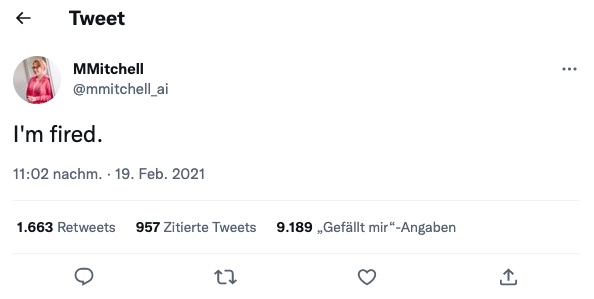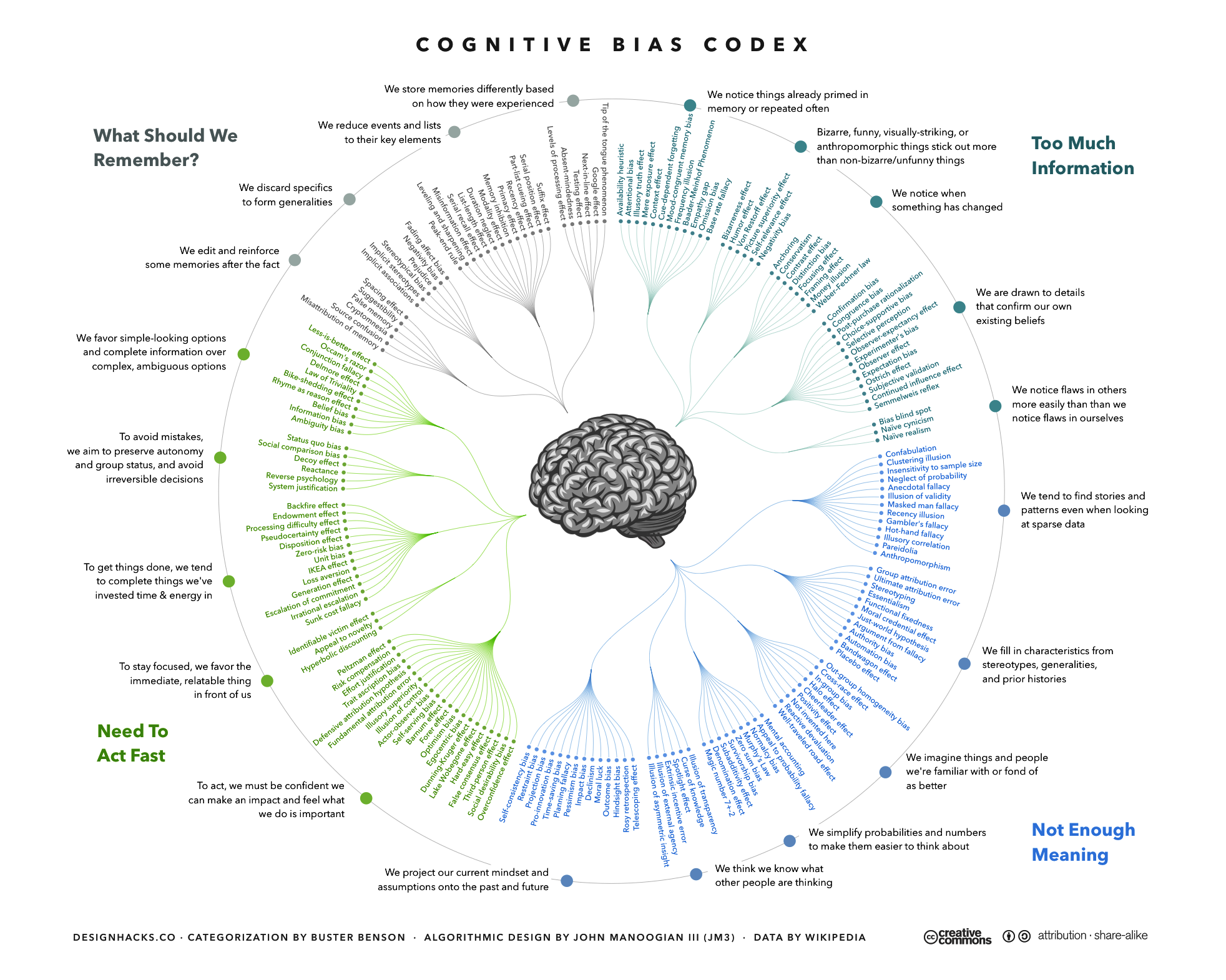Elife is one of the most interesting scientific journals with a full history at Wikipedia. The Elife board introduced in 2022 that
From next year, eLife is eliminating accept/reject decisions after peer review, instead focusing on public reviews and assessments of preprint
with the unfortunate but foreseeable consequence that Elife now does not get anymore an impact factor
Clarivate, the provider of the Web of Science platform, said it would not provide impact factors to journals that publish papers not recommended for publication by reviewers.
I don’t care about impact factors. I also do not care about Clarivate or any other Private-Equity-company as we don’t need this kind of business in science. Elife however will loose it’s value in particular as system still has some flaws.
DeevyBee commented already about them a year ago
there is a fatal flaw in the new model, which is that it still relies on editors to decide which papers go forward to review, using a method that will do nothing to reduce the tendency to hype and the consequent publication bias that ensues. I blogged about this a year ago, and suggested a simple solution, which is for the editors to adopt ‘results-blind’ review when triaging papers. This is an idea that has been around at least since 1976 (Mahoney, 1976) which has had a resurgence in popularity in recent years, with growing awareness of the dangers of publication bias (Locasio, 2017). The idea is that editorial decisions should be made based on whether the authors had identified an interesting question and whether their methods were adequate to give a definitive answer to that question.
So the idea is that the editors get the title and a modified abstract with no author names and without results.

